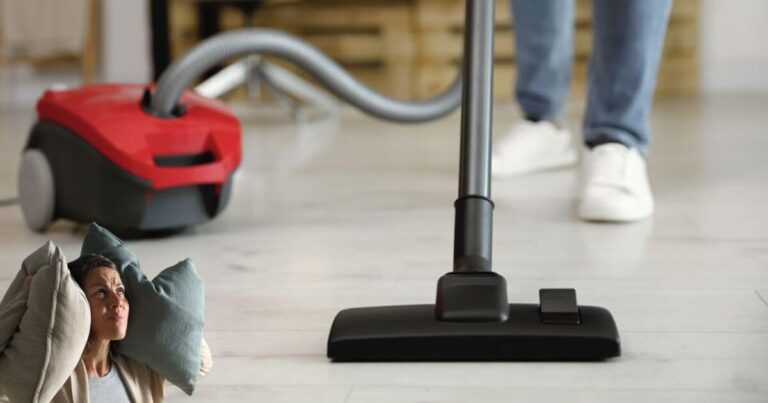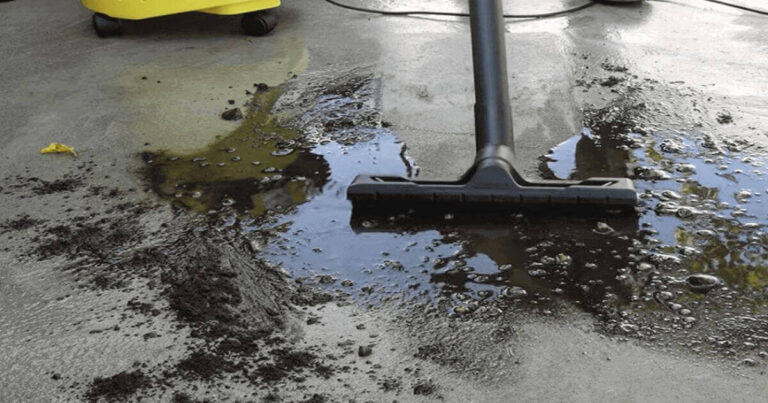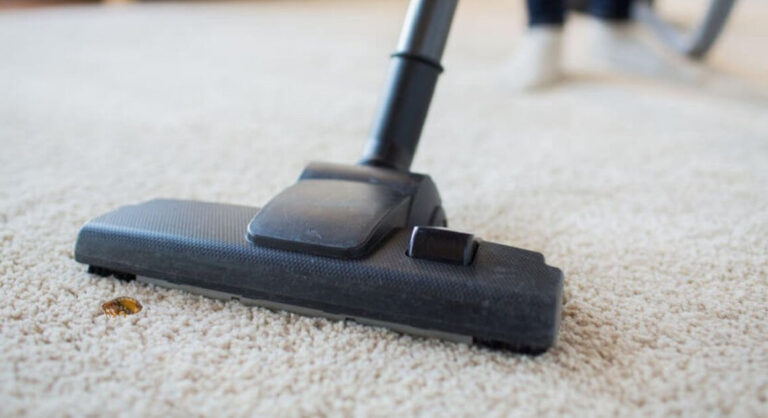Carpet is a popular flooring choice for many homes. Not only is it very comfortable, but it can also be very stylish at the same time. In any case, if you have allergies, you may want to consider the possibility of buying a hypoallergenic carpet. But What is Hypoallergenic Carpet and How Can It Benefit You? It is a type of carpet that helps minimize the number of allergens in your home. This blog post will discuss what makes this type of carpet different from other options and how it can benefit you!
What is hypoallergenic carpet?

A hypoallergenic carpet is a type of carpet made to be less likely to cause an allergic reaction. This works by using materials less likely to release dust and other allergens into the air.
When choosing a carpet for a new home, ensure it is hypoallergenic if you suffer from allergies. There are two main types of hypoallergenic carpets: those made with natural and synthetic fibers.
Carpets with natural fibers, such as wool or cotton, naturally resist Dust mites and other common allergens. Synthetic fiber carpets often come with special coatings that make them resistant to allergens and other irritants.2.
Can all carpets be considered hypoallergenic?
Not all carpets are hypoallergenic, as there are many different fabrics and materials from which carpets construe. However, some carpets come from materials less likely to cause allergies or asthma symptoms.
These carpets often come from natural fibers such as wool or cotton, and they may also come with special chemicals that make them more resistant to dust mites and other allergens. If you’re concerned about allergies, it’s best to talk to a carpet specialist about which type of carpet would be best for your home.
How do you know if a carpet is hypoallergenic?
The best way to determine if a carpet is hypoallergenic is to have an allergy test done. This test will allow you to determine whether or not you are allergic to any of the materials on the carpet.
You can also look for some things when buying a carpet that may help reduce your chances of experiencing an allergic reaction. For example, opt for carpets made from natural fibers like wool or cotton instead of artificial fibers like polyester. Also, be sure to choose a low-pile carpet instead of a high-pile one, as high-pile carpets tend to trap more dust and allergens.

Why is it beneficial to have a hypoallergenic carpet?
There are many benefits to having a hypoallergenic carpet. For starters, it can help reduce the number of dust mites in your home. Dust mites are one of the most common causes of asthma and other respiratory problems, so reducing their numbers can significantly help people with allergies or asthma.
Hypoallergenic carpets are also less likely to trigger allergy symptoms, such as sneezing, coughing, and itchy eyes. They’re a good choice for people who suffer from allergies or asthma, and they’re also a good choice for pet owners since they can help keep pet dander and fur under control.
Can carpet cause breathing problems?
Carpet can cause breathing problems for some people, especially if they’re allergic to the material. The carpet is full of dust and dirt, triggering asthma and other respiratory problems. If you have breathing problems, staying away from carpeted areas is best. Hypoallergenic carpets are built from materials that won’t trigger allergies but are usually more expensive.
Are there any carpets that are 100% hypoallergenic?
Yes! A few carpets contain materials that don’t release dust, which means they are hypoallergenic.
One option is to go with a synthetic carpet. These carpets typically come from polyester, nylon, or acrylic and don’t release any allergens. However, remember that even synthetic carpets can cause problems for people who are allergic to certain chemicals used in their manufacture.
Another option is to go with a natural fiber carpet. These carpets usually come from wool or cotton and don’t release any allergens. However, some people may be allergic to animal hair or dander found in wool and cotton carpets.
What causes allergies to carpets?
Dust mites usually cause allergies to carpets. Among the tiniest of creatures, dust mites live in the dust found in household environments. Those things feed on dead skin cells, and their feces can contain proteins that cause an allergic reaction in some people. Carpet cleaning and vacuuming regularly can help reduce the number of dust mites in your home and therefore reduce your allergies.






